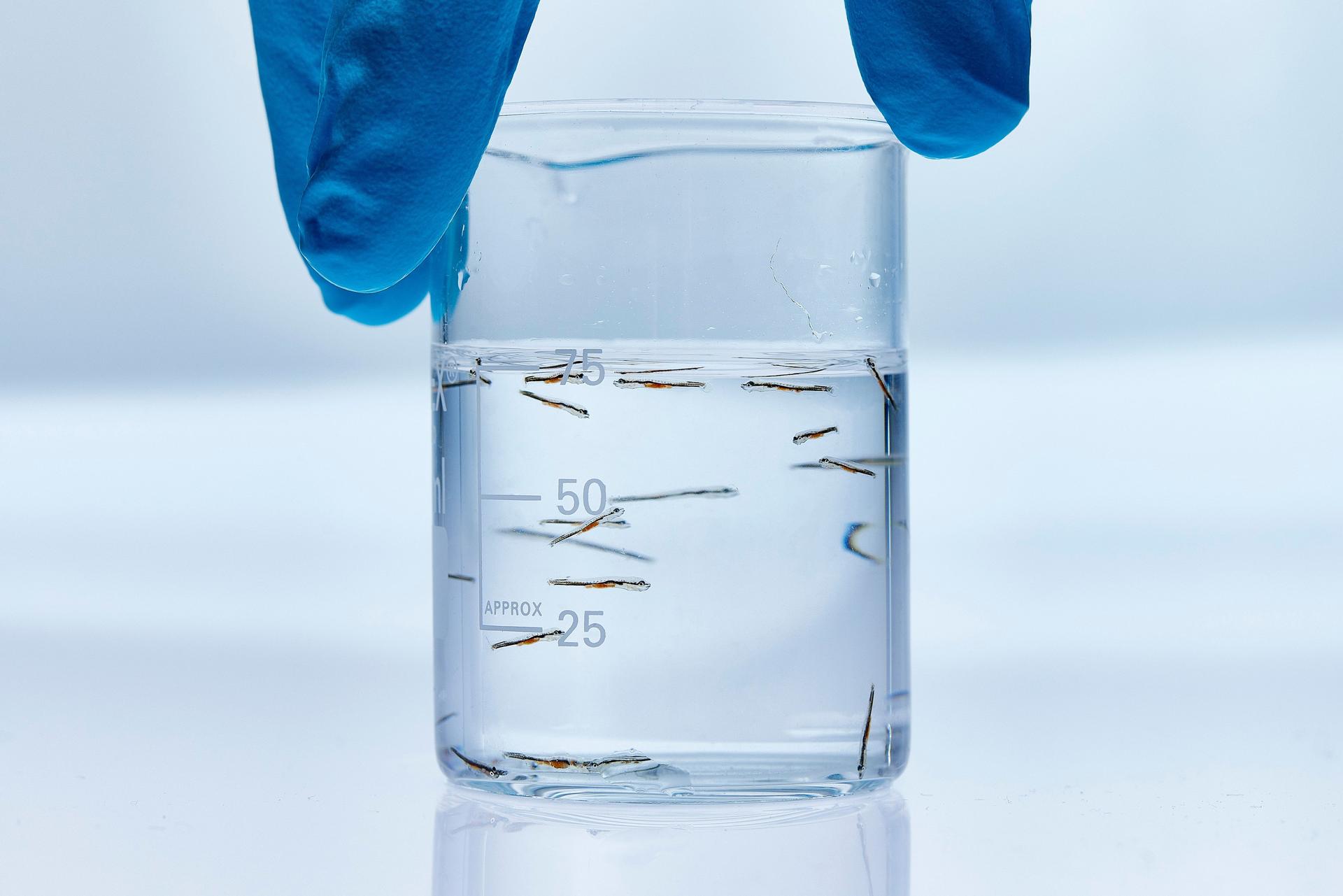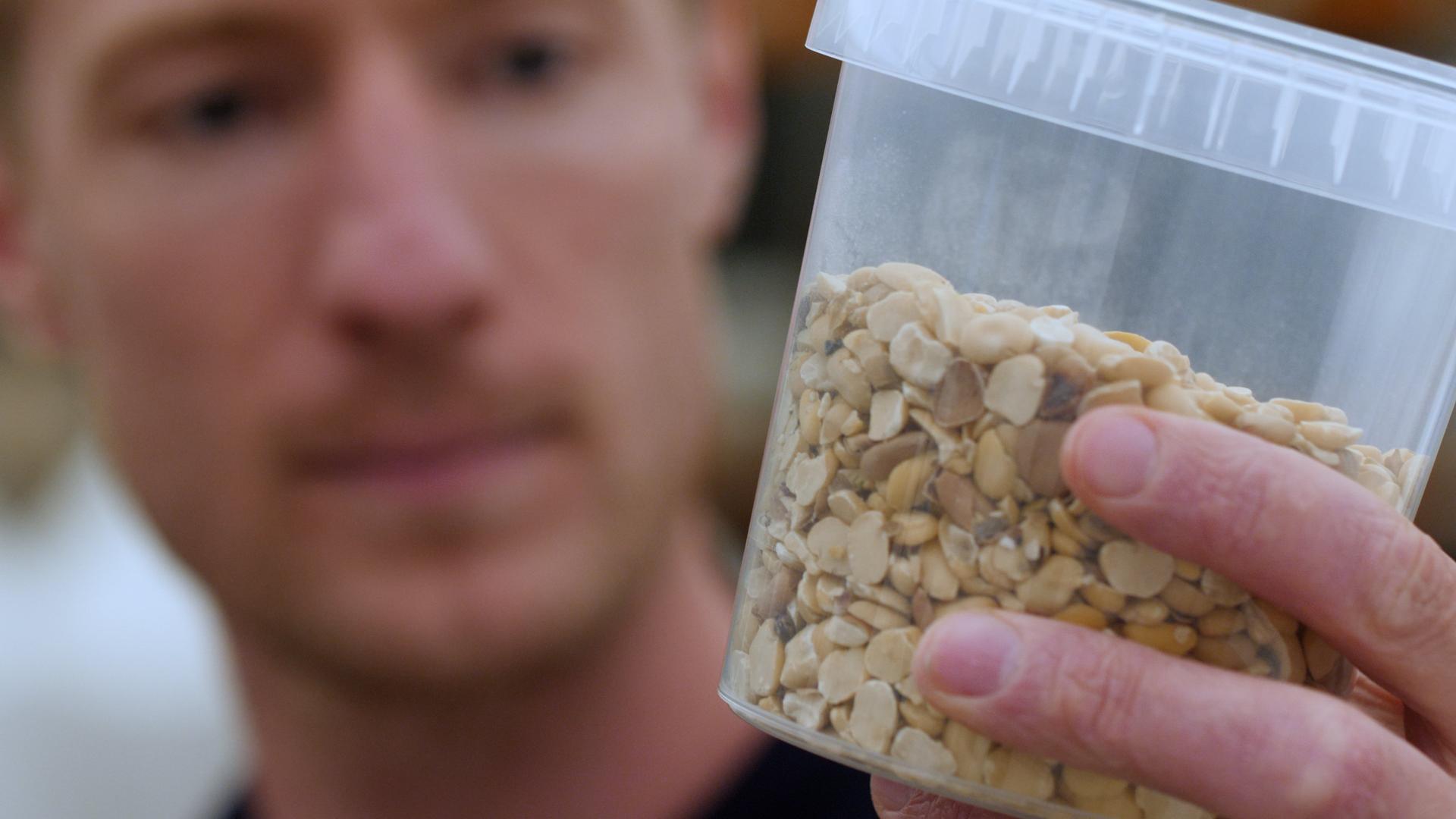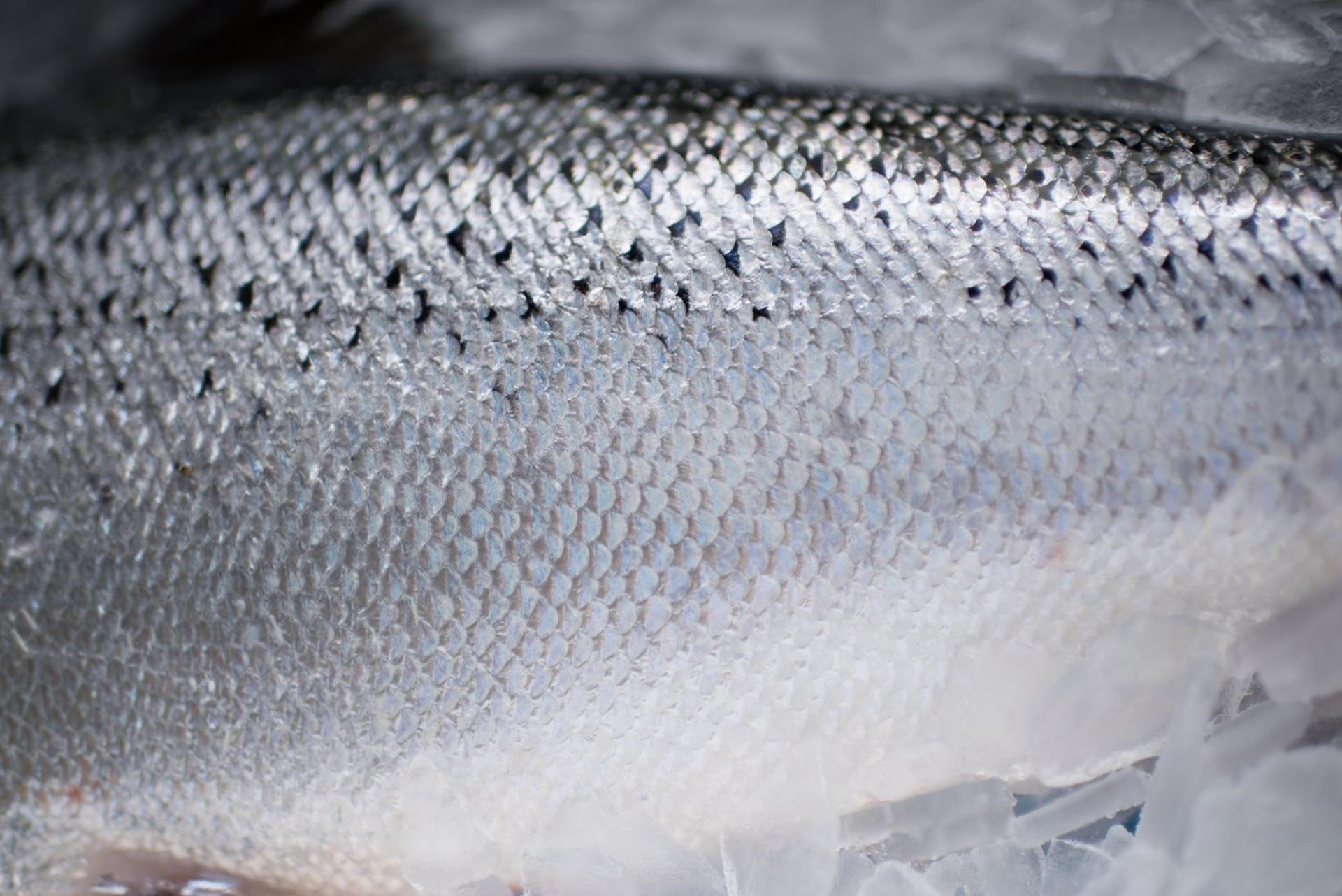With BACTOCELL, BioMar offers farmers a unique advantage. BACTOCELL’s ability to reduce vertebral deformities in fish, enhance growth performance, and improve resilience to disease is backed by extensive research and field trials. It is applied across various life stages and environments, making it adaptable to both freshwater and seawater species.
Our customers benefit from this exclusivity, knowing that they are using a probiotic that not only meets the highest regulatory standards but also has been proven to deliver real, measurable results. BioMar is dedicated to ensuring that BACTOCELL remains at the forefront of probiotic innovation, helping our customers lead the way in responsible aquaculture practices.
Our continued partnership with Lallemand promises even more breakthroughs in the application of probiotics and microbial biotechnologies for aquaculture. Together, we are committed to pushing the boundaries of what probiotics can achieve, ensuring that BACTOCELL remains an essential part of responsible aquaculture for years to come.











